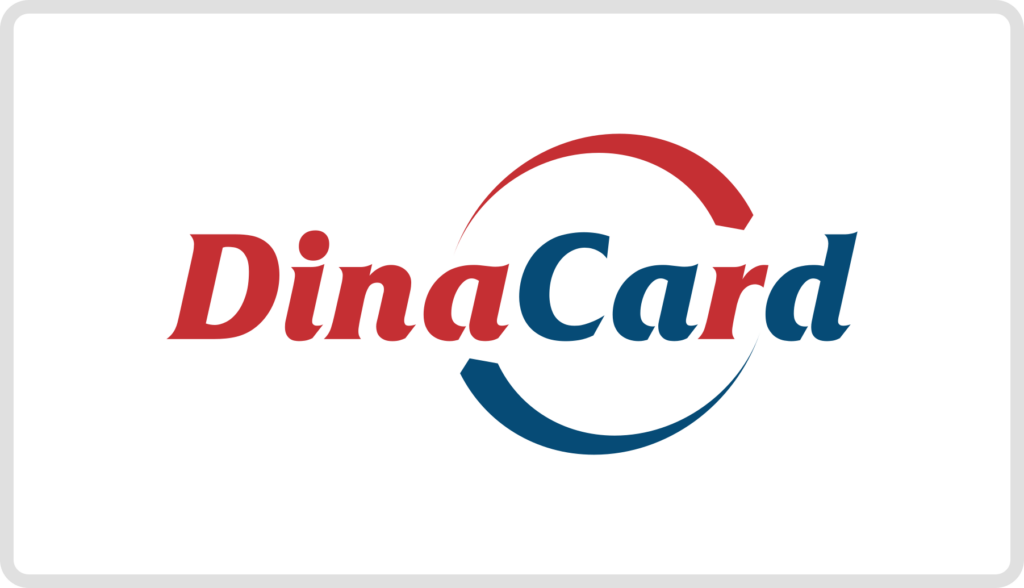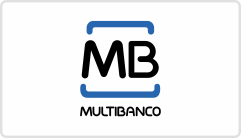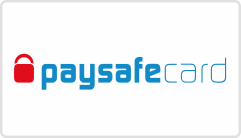27 Sep

The online gambling industry has enjoyed remarkable financial success, contributing significantly to the global economy. Reports indicate that the industry accounting for over 40% of the total industry. However, the journey to prosperity is not without its hurdles. In this article, we will delve into the payment challenges facing the online gambling industry and explore strategies to address them while prioritizing consumer protection and satisfaction.
Fraud Risk in Online Gambling
Protecting Players and Businesses
Fraud remains a pervasive concern in the online gambling sector. The industry’s accessibility has made it an attractive target for fraudsters. Shockingly, 1 in every 20 new sign-ups may be fraudulent. At peak times, fraudsters, bots, and users trying to outsmart security measures can account for a significant portion of web traffic, causing both financial losses and reputational damage. Players can lose substantial amounts to fraud, and businesses often bear the responsibility to refund these losses. To counter this threat, stringent security measures must be in place throughout the gambling experience, from sign-up to withdrawal. Companies should be prepared to invest in robust security systems, which can be costly but are essential for protecting players and preserving the industry’s integrity.
Preventing Fraud in Online Gambling
Proactive Measures
The best defense against fraud is proactive prevention. Continuous monitoring of user activities, including log-ins, withdrawals, deposits, and gameplay, is crucial. Additionally, adherence to Anti-Money Laundering (AML) regulations is essential.
For secure payment processes, options like 3D Secure 2 can be implemented. While some payment providers hesitate to serve online gambling companies due to high-risk transactions, specialized providers like AllSecure offer up to 120 risk checks and advanced fraud protection.
Internal fraud prevention options include:
- 3D Secure
- Alternative Payment Methods
- Blocklisting and Allowlisting
- Geo IP Location Checks
- Velocity Checks
- Device Fingerprinting
Market Regulations
Navigating International Borders
Online gambling transcends borders, but regulations do not. The absence of standardized regulations across countries poses a challenge for online gambling companies. Holding a license in one country may not grant access to international markets, requiring additional domestic licenses for various countries. To operate seamlessly, companies must stay vigilant for regulatory changes in each market they serve. Strict Know Your Customer (KYC) and AML requirements are common in European markets, where user identification and fraud mitigation are paramount.
Chargebacks in Online Gambling
Managing Disputed Transactions
A significant risk in the industry is the repayment of chargebacks, which can result from various issues, including non-receipt of services, fraudulent payments, or customer dissatisfaction. Handling chargeback disputes can be complicated, and customers often succeed in obtaining refunds, impacting a platform’s profitability and reputation. A more sinister scenario is banned users attempting to reclaim their initial deposits through chargebacks. To mitigate these risks, strong security systems and clear policy and disciplinary procedures are essential for online gambling platforms.
Low Conversion Rates
Balancing Security and User Experience
Rigorous security measures during the sign-up process, such as age and identity verification, can inadvertently deter potential players, leading to lower conversion rates. This, in turn, affects profits and statistics. To address this challenge, the industry is embracing advancements like Strong Customer Authentication, mandatory in the European Economic Area. These measures streamline payment processes for consumers while ensuring enhanced security, ultimately safeguarding businesses, profits, and customer satisfaction.
The online gambling industry’s growth comes with its unique set of payment challenges, including fraud risks, variable market regulations, chargebacks, and potential reductions in conversion rates due to enhanced security measures. However, by adopting proactive fraud prevention strategies, staying abreast of changing regulations, and implementing secure payment processes, online gambling businesses can navigate these challenges while ensuring a safe and enjoyable experience for all players. Balancing security and user experience is the key to a thriving online gambling industry.





























